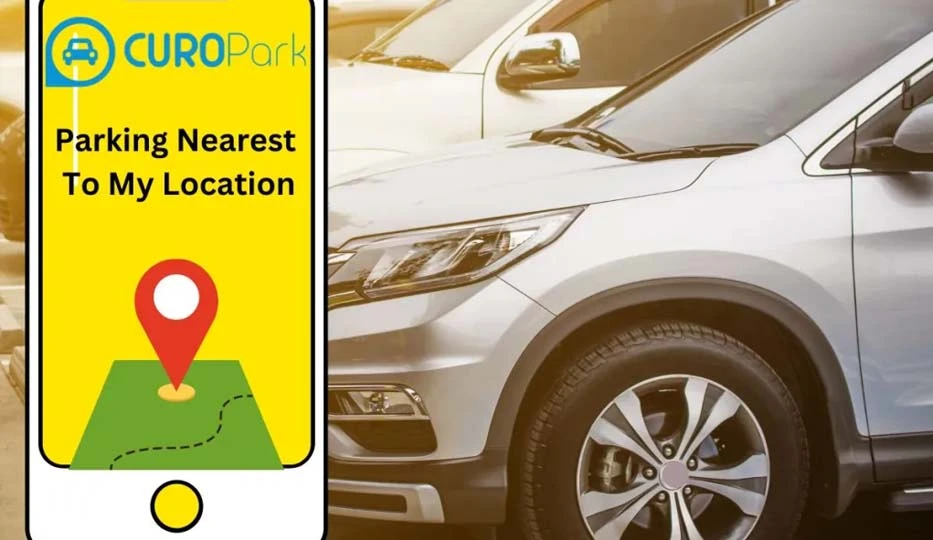
Living in cities can be challenging. Urbanization is on the rise, and city traffic is becoming more complicated by the day. Most people today find it hard to find a place to park their car. People consume more than 100 million barrels of oil every day! One of the world’s highest densely populated city, Delhi, which is India’s capital, pay upto one-and-half times more on fuel due to bad roads and traffic jams compared to other cities.
It is one of the most important problems in the world because it affects so many people.It necessitates the development of an automated system that allows users to reserve a parking space with a few clicks on a mobile app. The issue is now crystal clear. But the big question is what technology can do to help solve it. Is there an escape route? An IoT-based system that sends data about free and residential parking areas via a web/mobile app is referred to as a smart parking system. Smart car parking systems that use IoT and include sensors and microcontrollers can be installed in each parking space. The user can then track the availability of all parking spaces and select the best one. Alternatively, the application allows the user to view the duration of parking usage, and costs can be calculated and sent to the user using smart parking metres. Not only that, but the user has the option of extending their time. All that is required is a functional internet connection.
THE NEVER ENDING STUGGLE OF MANAGING URBAN PARKING
MAJOR PARKING ISSUES IN URBAN PARKING:
In a smart parking system that makes use of the internet of things (IoT), smartphones and other sensors are integrated into a networked system in order to determine parking space or level and provide real-time feedback. Cameras, counters on the doors or gates of parking lots, sensors embedded in the paved area of individual parking lots, and sensors placed in a variety of other locations, depending on the deployment, are used to accomplish this goal.